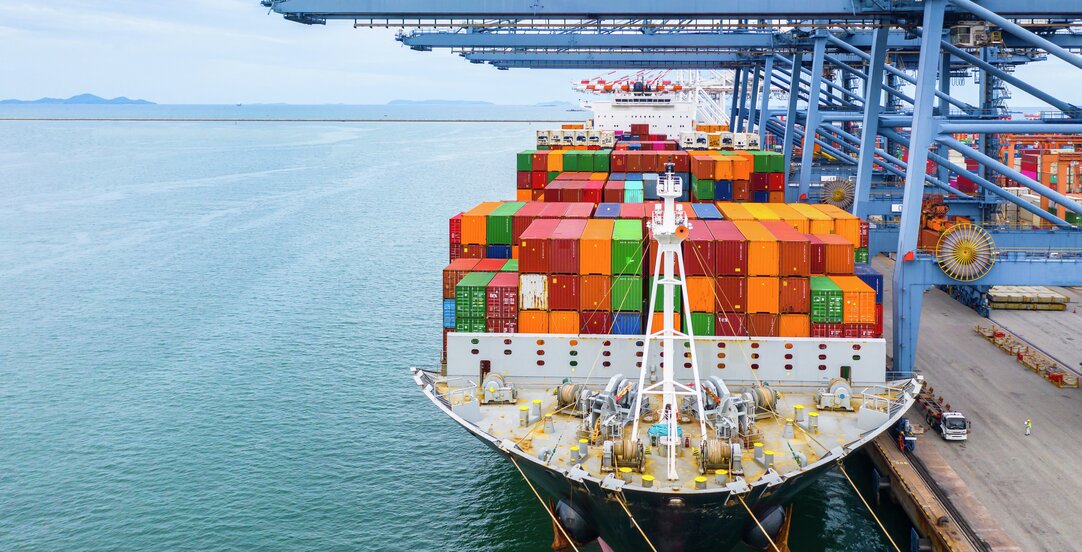Bareboat registration in Norway – a new initiative to retain Norway’s position as a leading maritime nation

To meet the existing and future needs of the maritime industry in Norway, the Norwegian ship registers (NIS and NOR) have finally decided to permit bareboat registration in and out of the Norwegian flag.
Lesetid 5 minutter
The Norwegian regulations on ship registration have, at times, been criticised for being complicated and outdated – thereby making the Norwegian ship registers unattractive compared to more flexible alternatives offered by the so-called “flags of convenience”.
In response to such criticism, on 18 March 2020 the Norwegian parliament passed a bill effecting certain amendments to the relevant legislation aimed at opening up for, and facilitating, the parallel registration of ships (bareboat registration) – both in and out – in the Norwegian International Ship Register (NIS) and the Norwegian Ordinary Ship Register (NOR). The amendments will enter in to force on 1 July 2020.
The new regulations are proposed to be enacted for an initial period of five years following which they shall be up for re-evaluation. In particular, the Norwegian Government will be keen to quantify any negative impact the new regulations may have on the seafarer employment market for Norwegian nationals – the protection of which has always been one of the main reasons for resisting bareboat registration under the Norwegian registers.
Whilst the specific date from which such changes will become effective is yet to be determined, it is hoped that once enacted, the changes will make the Norwegian registers more appealing to both ship owners and charterers, thereby re-invigorating the Norwegian registers and strengthening Norway’s position as one of the world’s leading maritime nations.
Bareboat registration
The general concept of bareboat registration entails having a vessel registered in two different registers simultaneously – with ownership title of the vessel being registered in the name of the owner in the register of one country (the primary register) and the bareboat charter of the vessel being registered in the name of the bareboat charterer in the register of another country (the bareboat register).
In this scenario, the laws of the country of the primary register generally govern private law aspects, such as ownership and the registration of mortgages and other encumbrances, – whilst the laws of the country of the bareboat register generally govern public law matters – such as safety, manning and environmental requirements.
Bareboat registration out of NIS/NOR
One of the main considerations in deciding to open up the Norwegian registers to bareboat registration has been to assist Norwegian charterers in gaining access to foreign markets where cabotage and other regulations require the relevant vessel to sail the flag of the country of operation – a concept that will be familiar, in particular, to charterers of offshore support vessels operating in countries such as Brazil, Canada, Australia, Mexico and certain African countries.
Prior to the new Norwegian regulations coming into force, charterers of Norwegian flagged vessels hoping to access foreign markets with such cabotage restrictions would have been prohibited from securing employment in such jurisdictions unless they could persuade the relevant owners to delete the vessel from NIS/NOR before re-registering under the flag of the relevant foreign country – often a complicated and expensive procedure.
The new regulations therefore enable charterers to sail the flag of the country of operation without the relevant owner (and its mortgagees) losing the comfort of having ownership remain registered in Norway. It is of course a precondition to any such bareboat chartering out, that the regulations of the country of the bareboat register are compatible with Norwegian legislation. To this end, the laws of the country of the bareboat register must acknowledge the exclusive responsibility and authority of the Norwegian registers (and Norwegian law) with regards to registration of ownership and mortgages. The laws of the country of the bareboat register shall however have exclusive jurisdiction and authority with regards to public matters such as safety, manning and environmental issues.
Any application for bareboat chartering out should be made by the owner, as applicant, with approval from the holders of other registered rights (e.g. registered encumbrances/mortgages). Any such application must also be accompanied by confirmation from the country of the bareboat register, confirming that the relevant charter party is approved for registration. If granted, permission will then be given for the duration of the charter party, up to 10 years, with the possibility for extensions of up to five years each time.
Bareboat registration in to NIS/NOR
As mentioned above, until now, vessels were also prohibited from bareboat registration into NIS/NOR. The new rules therefore enable charterers to register vessels in Norway, as the bareboat state, without requiring de-registration in the country of the primary register. Bareboat registration into NIS/NOR may be particularly interesting for Norwegian operators who are currently bareboat chartering foreign flagged vessels and for foreign companies operating under contracts where Norwegian flag is required.
In the case of bareboat chartering in, the charterer under the bareboat charter starts the process of registration of a vessel in to NOR/NIS by way of a written application. The application must be accompanied by confirmation from the primary state of registration, confirming the foreign state’s approval of such bareboat registration. Furthermore, the application must also contain documentation from the foreign register, giving an overview of registered rights and encumbrances such as mortgages. All holders of registered rights, including mortgagees, must approve the registration. The permission is given for the length of the charter party, up to 10 years, with the possibility for extensions of up to five years each time.
Conclusion
It remains to be seen what the take-up rate of the new rights to bareboat charter in and out of NIS / NOR will be, however it is to be hoped that the new regulations will help to reinvigorate the Norwegian flags and help strengthen Norway’s reputation as one of the world’s leading maritime nations.
